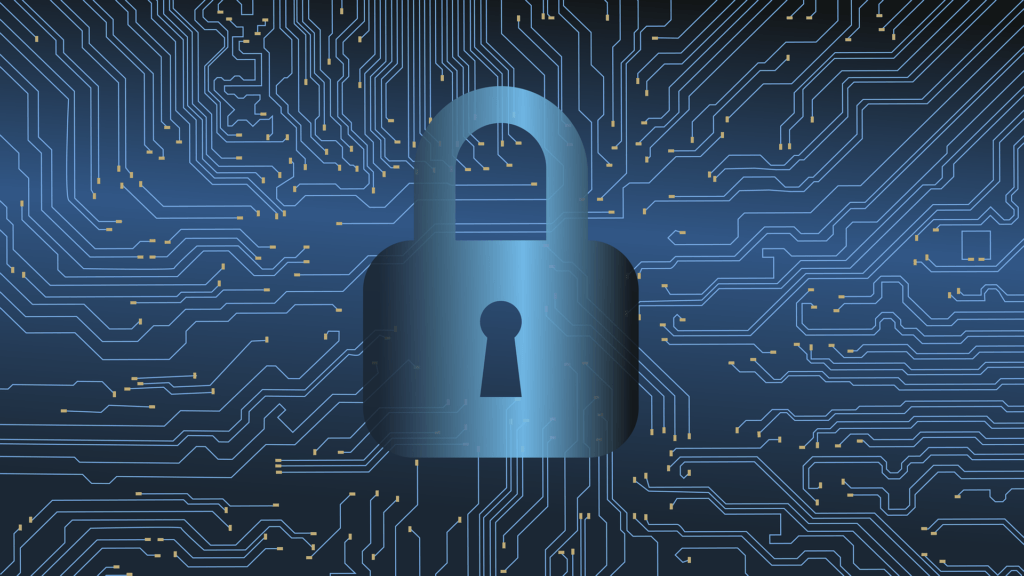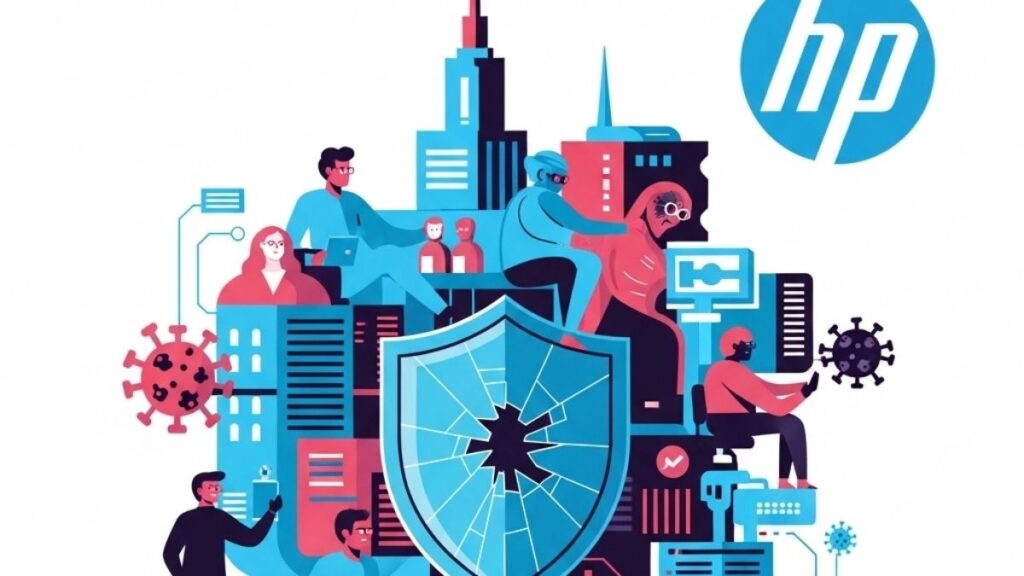Cybersecurity has been around for decades, yet many businesses don’t have the infrastructure to protect their assets. In fact, some believe doing so is too costly, and their resources are better invested in business growth. However, cybersecurity is essential for enterprises of any size and industry. Without it, companies stand to lose everything.
Breaches Put Customers at Risk
When customers place an order, they trust their personal information is safe. However, historical breaches have put millions of ordinary people at risk of identity theft; in the worst cases, hackers can access payment information and social security numbers. Hackers then sell this information on the dark web to fraudsters who don’t have scruples about ruining their victims’ credit.
The worst part is that without an internal threat monitoring system or managed detection and response (also called MDR), companies may not even know they’ve experienced a breach. Delayed responses mean cybercriminals have more access to information, which means more damage. When customer information falls into the wrong hands, the public expects businesses to make things right by paying for identity theft monitoring, an expense that could’ve been easily avoided with a robust security system.
Hackers Can Take Businesses Hostage
Ransomware is a common threat to businesses, as it offers a big payout to hackers. Unlike other breaches, ransomware isn’t silent — it announces its presence by locking companies out of their systems. Hackers then contact the company and threaten to destroy information if companies don’t pay a ransom, hence the name.
You can get insurance to cover these types of attacks, but it’s less expensive to prevent them in the first place with good networking security. After all, publicized cyberattacks can cost more than a few million dollars.
Cyberattacks Negatively Impact Company Image
When consumers hear a company was breached, they may avoid doing business with that brand in the future. After all, who wants to take chances with their information? Even if companies update their security, consumers may feel those businesses don’t value their patrons and decide to go elsewhere. Repairing this blow to brand reputations takes significant investment, yet another cost enterprises could easily avoid.
Businesses of Any Size Can Become Targets
Some small business owners may feel their companies are too small to be targeted. Unfortunately, hackers don’t discriminate — they’ll go after anyone who isn’t adequately protected. An attack can be especially devastating to startups and mom-and-pop shops since they don’t have the resources to recover. In addition to compensating customers and shoring up defenses, businesses may also need to defend themselves in court, as customers can sue if a breach was due to negligence. For small teams, that may force them out of business.
Lack of Cybersecurity Can Increase Insurance Premiums
As mentioned, business owners can now purchase insurance against cyberattacks. While this alleviates the immediate costs of ransom, upgrades and litigation, it has its own price. Once your company experiences a breach, your insurance premium may go up as the insurance company tries to recoup its losses. That’s why it’s imperative to maintain excellent cybersecurity even if you have insurance.
Cybersecurity Can Prevent the Majority of Attacks
According to experts, preventative measures can stop up to 93% of breaches. In fact, most of the recommended actions are fairly simple. For example, cybersecurity professionals advise implementing two-factor authentication, employee training and regular software updates as the first line of defense. As cybercriminals create new ways to circumvent security, companies should adapt according to experts’ recommendations.
Investing in cybersecurity may cost a pretty penny, but it’s not nearly as expensive as a breach. All businesses should prioritize system protection, even if the risk of attack seems small. Doing so safeguards their futures and keeps them competitive in the technological age.
- Using Technology to Boost Sales - June 27, 2024
- Why Your Startup Needs Insurance and How to Make It Affordable - June 3, 2024
- Feeling Marketing Burn Out? AI is the Answer - May 2, 2024



